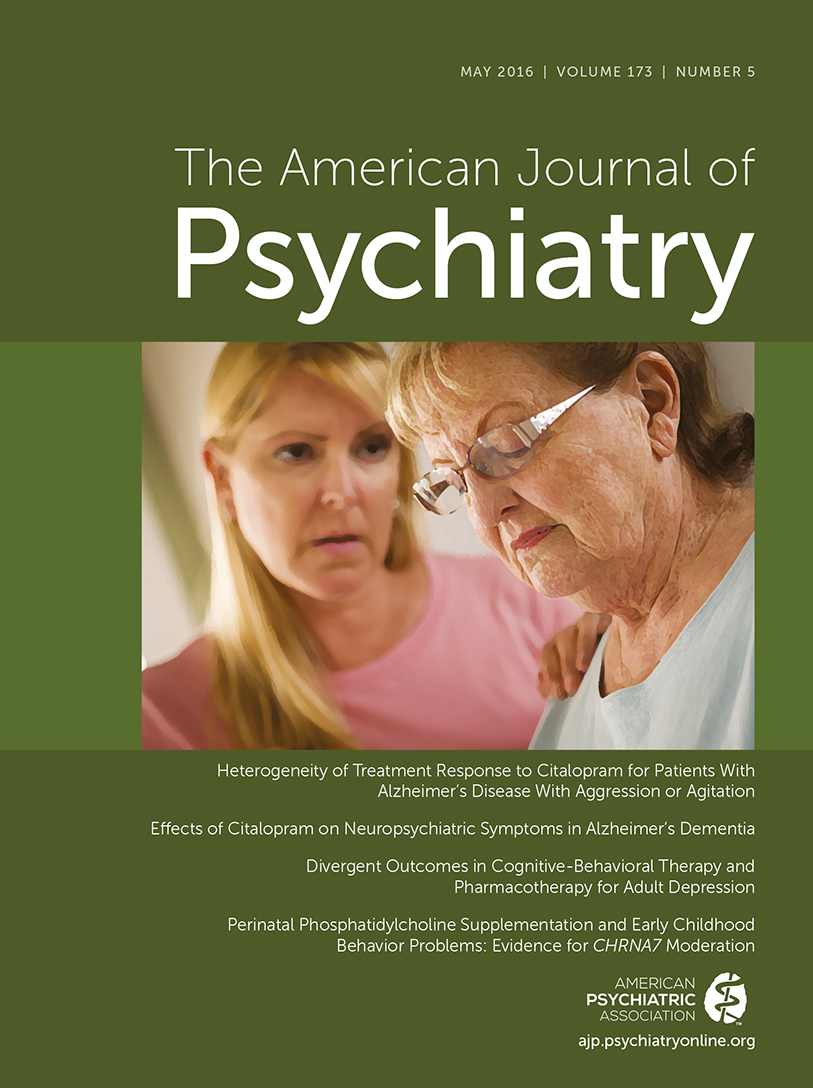Mental Health Services Research in the Military Health System
To the Editor: We commend Hoge and colleagues (1) for their thoughtful Review and Overview Article, published in the April 2016 issue of the Journal, of military mental health care post-9/11. They present major clinical and policy initiatives, unapologetically discuss need for improvements, and outline a path forward. We are reminded that the Military Health System is a large, complex, and global system that is distinct from the U.S. Department of Veterans Affairs. Nearly 10 million Military Health System beneficiaries (including uniformed service members, their families, and retirees) receive direct health care services delivered at more than 300 military treatment facilities or are eligible for third-party (Tricare) health insurance reimbursement.
A National Research Action Plan (2) calls for health services research, and many recommendations from a recent Institute of Medicine report on posttraumatic stress disorder in military members and veterans (3) are grounded by findings in the health services literature. For example, key elements of successful integrated care models for mental health include accountability, measurement-based care, decision support tools, proactive follow-up, and real-time use of disease registries. Care can improve with better integration of services (4). These elements allow for a paradigm shift at the health systems level and can be continuously refined, evaluated, and tested through research. Positive findings from efficacy trials offer promising signals, but design limitations often prevent ready-to-implement solutions that address major mental health service delivery issues such as access, continuity, quality, equity, effectiveness, efficiency, and cost of care. These issues, as Dr. Hoge and colleagues’ seminal and ongoing work reminds us, remain central Military Health System challenges.
There is much to learn across the Military Health System about how to optimize care, deliver innovations, and develop models of care for testing. We cannot rely on evidence gathered from nonmilitary health care settings or from academic medical centers alone. Collaborations with patients, providers, and clinic leaders within the Military Health System may help identify areas for future inquiry and pragmatic evidence-supported solutions. In this way, and to ultimately reduce the science-to-service delivery gap, a learning health care system (5) for military mental health is created, which seeks to develop, study, implement, and reimburse for services in highly variable and often unusual settings. Such information can also be useful to others seeking mental health services in nonmilitary settings.
1 : Transformation of mental health care for U.S. soldiers and families during the Iraq and Afghanistan wars: where science and politics intersect. Am J Psychiatry 2016; 173:334–343Link, Google Scholar
2
3
4 : Collaborative depression care: history, evolution and ways to enhance dissemination and sustainability. Gen Hosp Psychiatry 2010; 32:456–464Crossref, Medline, Google Scholar
5



